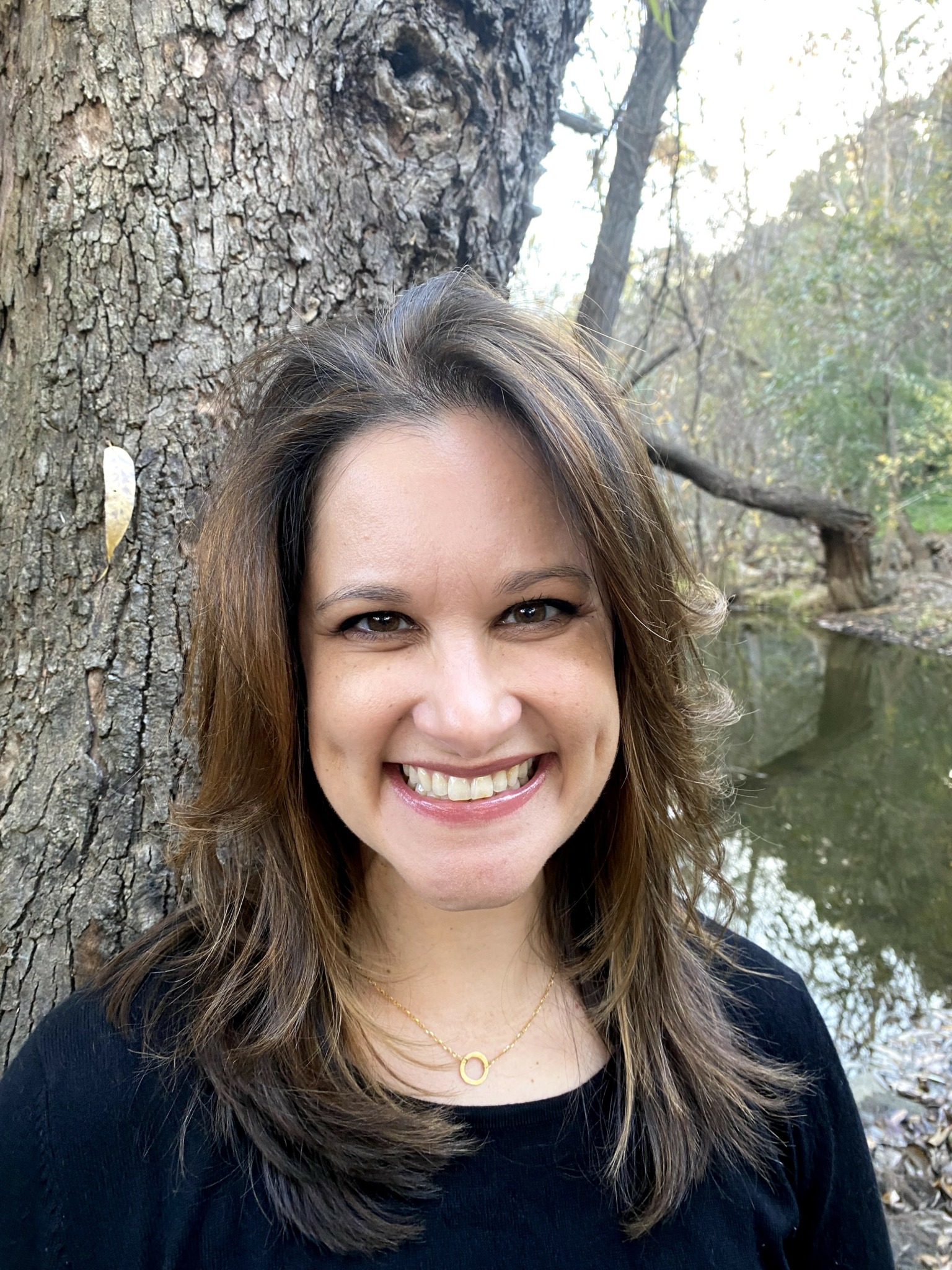Today we’d like to introduce you to Katie Keridan.
Hi Katie, so excited to have you on the platform. So before we get into questions about your work-life, maybe you can bring our readers up to speed on your story and how you got to where you are today?
For as long as I can remember, I’ve wanted to be a writer. I made my first books by stapling paper booklets together and writing about the animals on the ranch where I grew up in Texas. I also did all my own illustrations, which mostly consisted of stick-figure animals and flowers. I was the first person in my family to attend college. Growing up, I can remember my dad talking about the importance of having a “necessary” job, by which he meant something that would always be in demand and would always provide a paycheck. I couldn’t imagine making any money as a writer, so I decided to pursue a career as a doctor where there were opportunities for writing through medical research without writing being the main focus and the one thing a paycheck depended on.
From an early age, I knew I was different. I was born in 1983, so the idea of mental health issues existing on a spectrum was completely unheard of. You either had something or you didn’t. Because I was intellectually bright, I was labeled a “gifted” child who ultimately ended up skipping seventh grade. But because one attribute was viewed so positively, other things about me were ignored, like my extreme noise and smell sensitivity, my tendency towards rigidity/struggles with flexibility, my disorganized sleep schedule, and my intense anxiety. Because I was capable of speaking, multiple pediatricians told my mother that it simply “wasn’t possible” for me to be autistic and that she should be grateful I was so “capable.”
Because I was so fascinated by the brain and wanted to understand my own better, I chose to become a pediatric neuropsychologist, assessing and diagnosing kids and teens with medical and/or psychiatric conditions. The more I learned about the brain and the more scientific research progressed, the more I came to understand myself and my own neurodivergent mind. There’s no question today I sit squarely on the high-functioning end of the autism spectrum. All this really means is some things are easier for me than others with autism and some things are harder. I’ve spent so much of my life masking, blending in, pretending to be just like everyone else, that it’s really scary to throw up the doors to my inner workings and examine who I really am. But it’s also a journey I’m very excited to take, because I want to know myself and I want to encourage other people to know, understand, and love themselves, too. Now, in addition to having been a pediatric neuropsychologist, I’m an author who includes mental health issues in the books she writes. And I can’t think of anything more necessary than helping readers see themselves on the pages of the books they read.
Would you say it’s been a smooth road, and if not what are some of the biggest challenges you’ve faced along the way?
Nothing about my journey has been smooth. My parents did the best they could, but I don’t think most people in the 1980s were equipped to raise a neurodivergent child whose intellectual skills far outpaced her social abilities. I’ve always known I’m different, and I’ve never felt like I fit in or belonged anywhere. That’s why books were so important to me as a child…they were my safe space, a place I could disappear into where no one judged me and where characters who were “different” were seen as a good thing because it probably meant they were destined to save the world. I’ve spent so many years fighting myself, fighting to fit in, to blend in, and it’s never worked. To some people, I’m too much, because I can’t handle loud music in a car and I’ve had to leave places because someone was wearing too much perfume. To other people, I’m not enough, by which I mean “not autistic enough.” Just at a glance, I look exactly like anyone else, and there’s nothing about me that warns you I may respond to things differently than others do. I can talk. I can pretend and pass (although it exhausts me and usually gives me a migraine). So rather than continuing to live my life being too much or not enough for others, I’m focused on learning who I am without the masks, who I am when it’s just me, myself, and I. And hopefully my desire to understand and love myself will encourage others who also feel like they’ve never fit in except for when they’re reading books.
As you know, we’re big fans of you and your work. For our readers who might not be as familiar what can you tell them about what you do?
When I was a doctor, I loved conducting research, writing professional papers, and publishing them in peer-reviewed scientific journals. I love delving deep into research and then sharing what I’ve learned with others. Now, as an author, I basically do the same thing, except rather than report the results of studies or scientific trials, I use fictional stories and characters to share hard truths to remind readers they’re never alone and they’re stronger than they think they are.
I’m the author of the award-winning Felserpent Chronicles trilogy (Reign Returned, Blood Divided, and Realm United). It’s a young adult romantasy series, which means the love story between my characters is just as important as the fantasy and world-building aspect. My series is an enemies-to-lovers, found-family, soulmates story all about choosing who you want to become. For the longest time, I felt like everything around me held all the power…it’s taken me years to realize that I always have the power of choice. Maybe I can’t choose what happens to me, but I can choose how I respond. Maybe I can’t choose to one day wake up and not have anxiety, but I can choose to learn and practice coping mechanisms that help me to live with it. Maybe I can’t choose whether my books become best-sellers, but I can choose to share my experiences and create books featuring realistic mental health representation so others who also feel different can see themselves represented on the pages of what I write.
The crisis has affected us all in different ways. How has it affected you and any important lessons or epiphanies you can share with us?
This is such a great question, because we don’t talk about Covid or the impact of Covid enough. The biggest lesson I learned is that things happen you could never predict or control, and while that can be absolutely terrifying, it can also be an amazing opportunity. Covid was unprecedented, but it provided a space for me to really assess my life and my career and get rid of what was no longer serving me. It made me question why I did certain things, why I thought my life had to look a certain way, and why I was so afraid to step out of the box I’d put myself in and take creative risks. It made me incredibly grateful for my husband and our ability to work together at home so well, and it also made me realize that at the end of the day, my health and the health of my loved ones is a precious thing not to be taken for granted.
Contact Info:
- Website: https://www.katiekeridan.com
- Instagram: https://www.instagram.com/katiekeridan/
- Facebook: https://www.facebook.com/katiekeridan/
- Twitter: @KKeridan
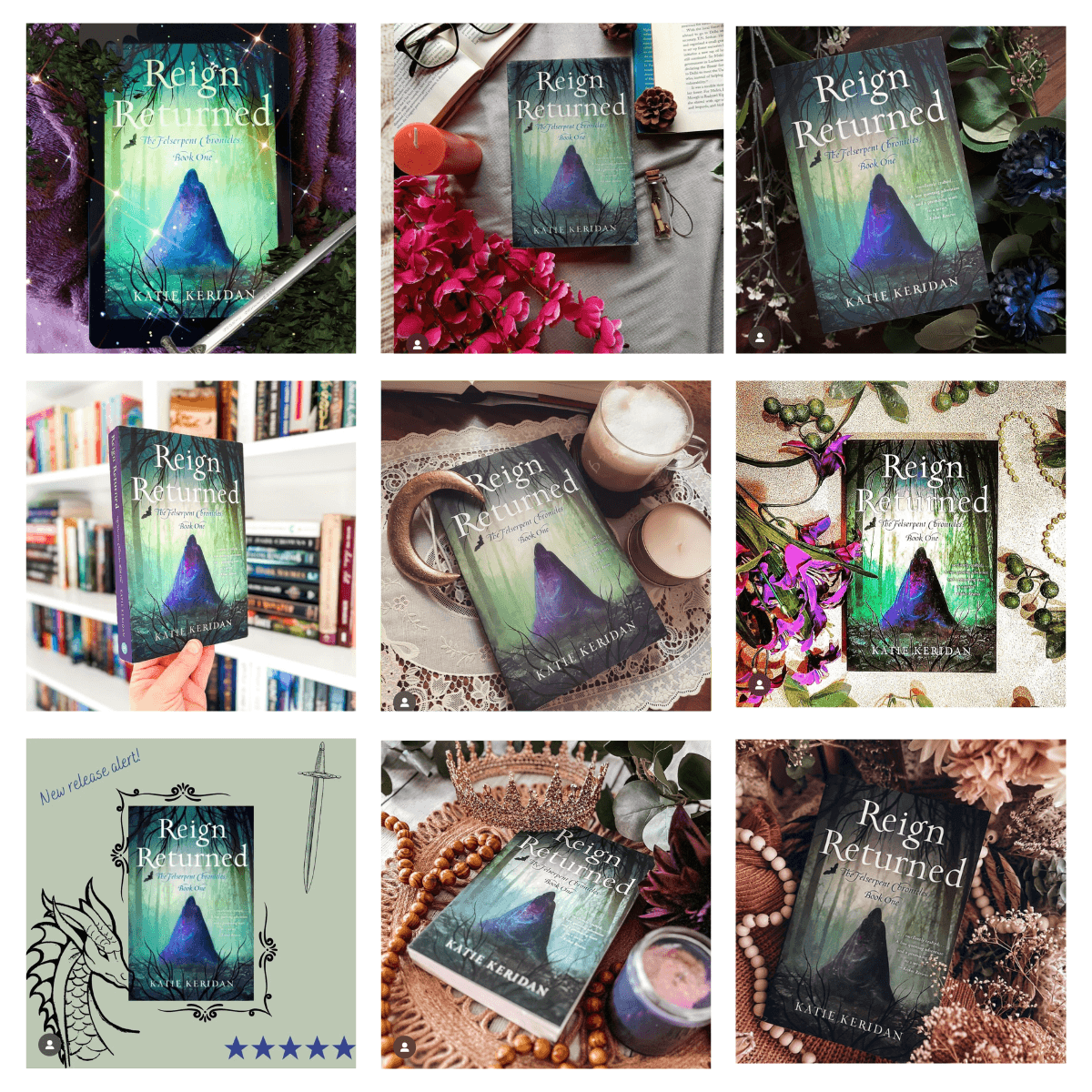
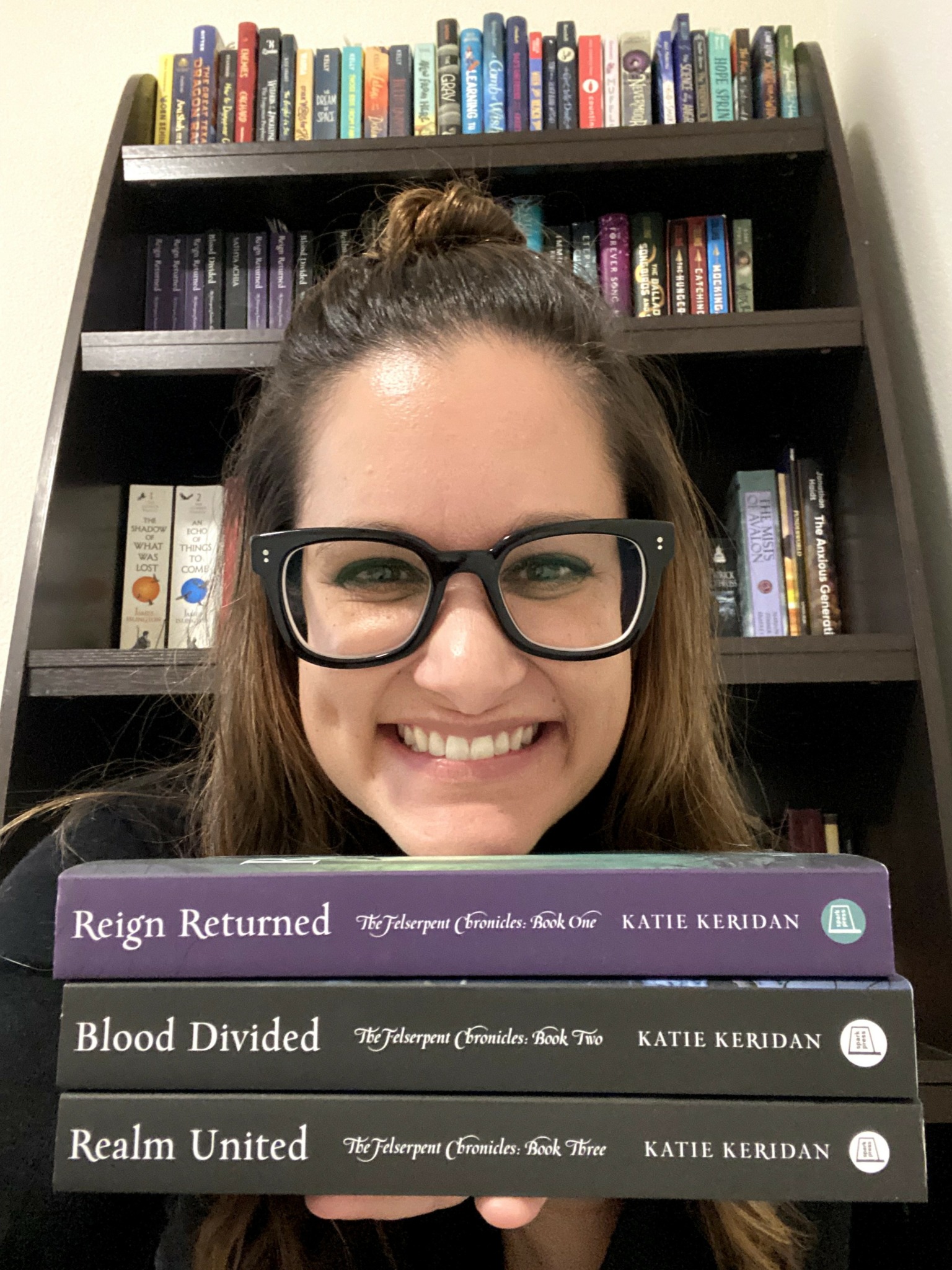
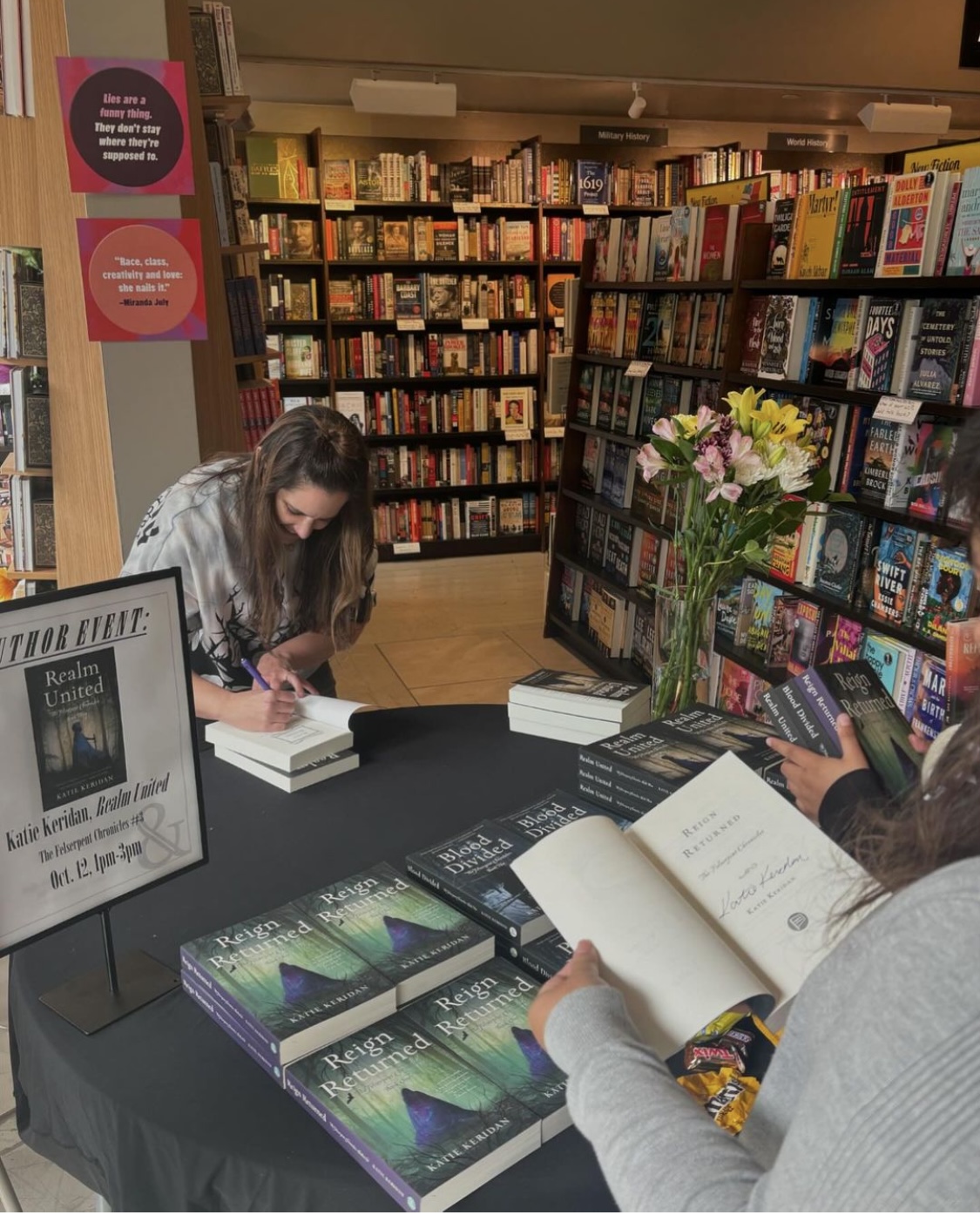
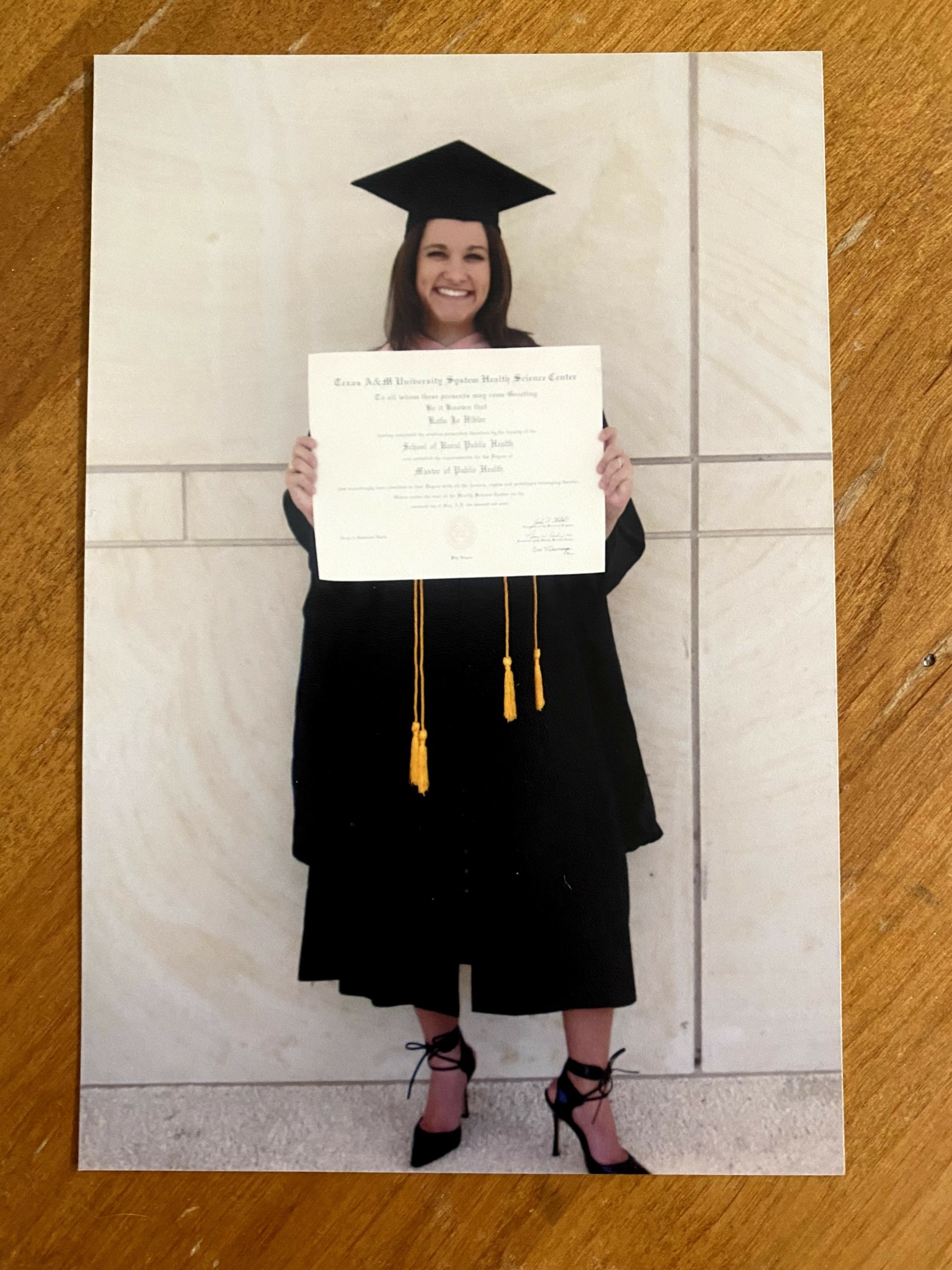
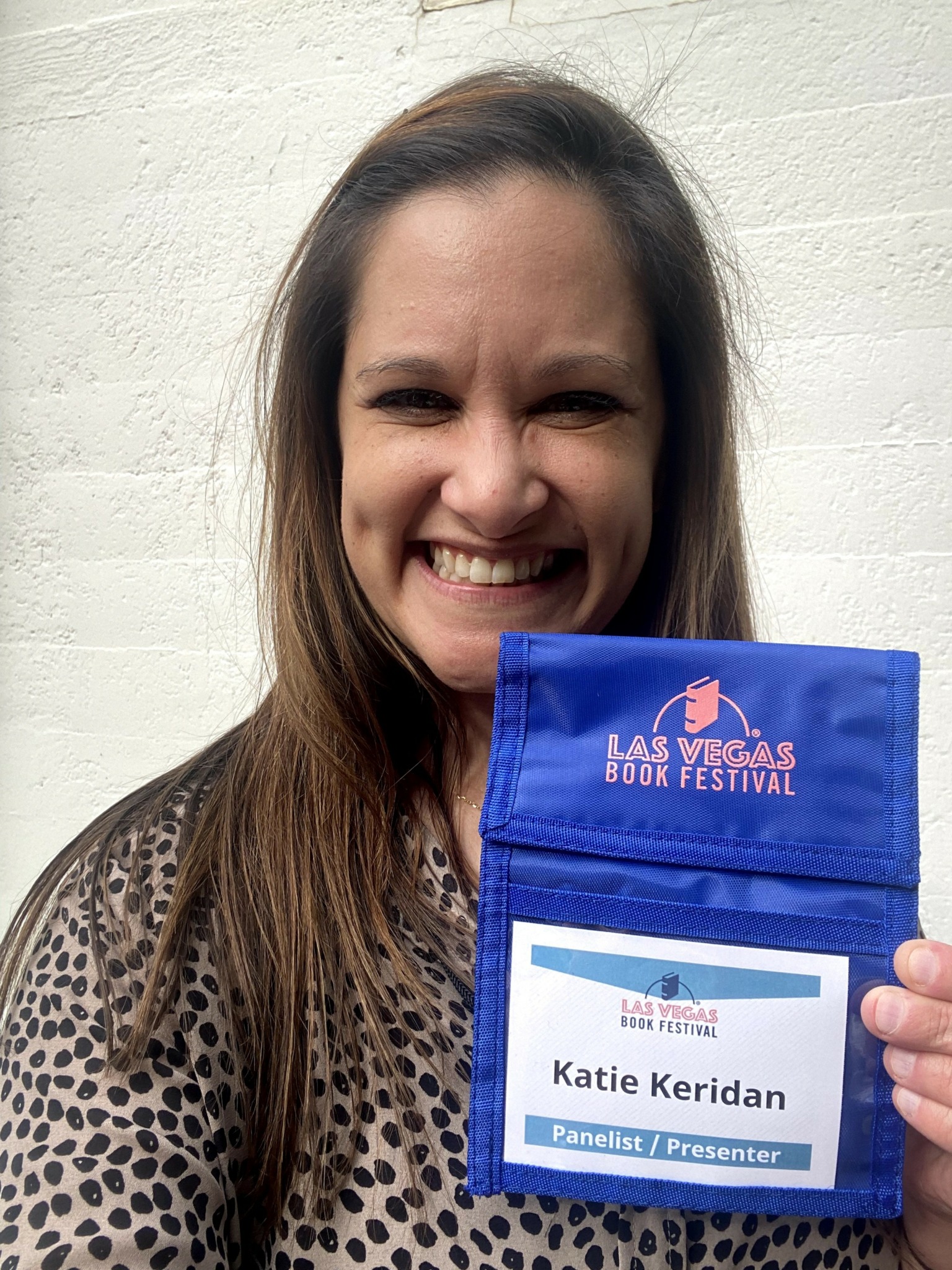

Image Credits
Cameron Bowman


